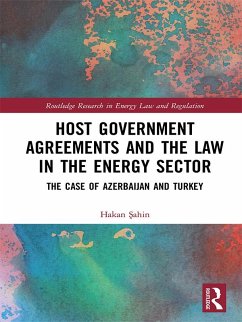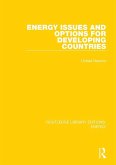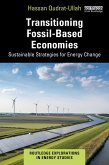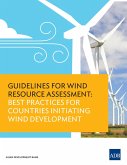This book identifies the political risks, particularly of indirect expropriation, that arise from the unilateral actions of host governments during the lifespan of energy investment projects. Focusing on stabilisation clauses as a political risk management tool, this research-based study draws on comparative empirical evidence from Turkey and Azerbaijan to determine what influences host states to consent to the insertion of stabilisation clauses in long-term host government agreements. Proposing a framework for the role to be played by both internal forces and external forces, it examines political regimes and state guarantees to foreign investors in Azerbaijan and Turkey from a comparative perspective, assessing how effective internal factors in Azerbaijan and Turkey are in facilitating contractual stability in their energy investment projects.
Providing a comprehensive analysis of stabilisation clauses and the internal and external factors that compel host states to commit to them, this book will appeal to practitioners, students and scholars in international investment law and energy law.
Dieser Download kann aus rechtlichen Gründen nur mit Rechnungsadresse in A, B, BG, CY, CZ, D, DK, EW, E, FIN, F, GR, HR, H, IRL, I, LT, L, LR, M, NL, PL, P, R, S, SLO, SK ausgeliefert werden.









